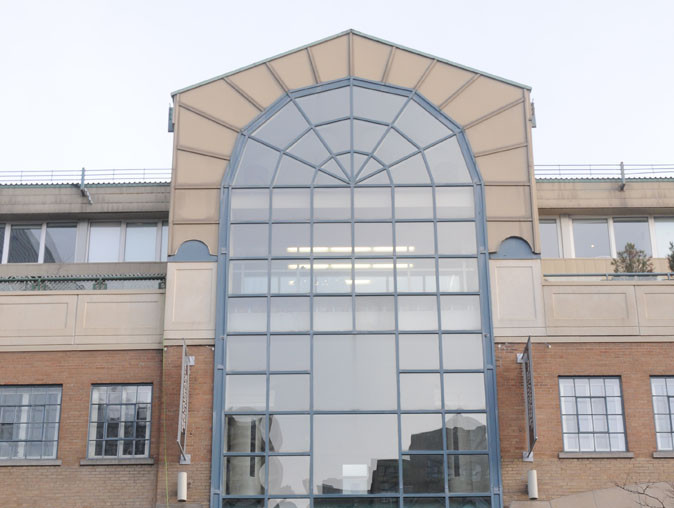The Future of the Faubourg
For the administration at least, the Faubourg Ste-Catherine is not off the table.
Though the Concordia Student Union Council mandated to cease all meetings with the Student Centre User Committee until further notice on Sept. 27, the adminstratoin may still move to acquire the building for themselves.
The Committee, which was comprised of both administrative and student representatives, was the forum of negotiation for the student centre project. It had been meeting with different CSU executives over the last six years.
With official, joint discussions on the future of the student centre on hold for now, The Link spoke to Concordia’s VP Services Roger Côté to get the university’s official reaction.
While he said he was “certainly disappointed” with the decision that was taken at council, Côté said the administration would respect the decision that the students have made.
“We were seeking a partnership on moving forward with a student centre,” he said. “But if students are not prepared to move forward at this stage, we won’t move forward. We have a lot of other academic needs at this institution, and we’re going to pursue our interests in the Faubourg.”
It is anticipated that Concordia will take out a $56 million loan required for a down payment on the building.
Looking ahead, Côté said that other space options for a student centre downtown are limited.
“The reality today is there are no other alternatives in erecting a student centre with a fee that’s at $2.00 per credit,” explained Côté. “There are other alternatives at a higher fee that students will be required to pay, and that’s what the user committee worked on for a number of years. […] The Faubourg was what the user committee came up with.”
Though the User Committee and former student union executives have repeatedly stated in the past that other options were explored around the downtown campus, Côté said he couldn’t give the details.
“When we’re talking about space outside the university, it’s not in the interest of students or the university to say [publically] what we were considering [for] the very simple reason of real estate disclosure,” he explained.
“The confidentiality is to the advantage of the buyer. If there are sellers that know there is interest in their site, that might affect the price they’re asking.”
One of the major contentions that arose during the special council meeting was the issue of moving student groups into one building—specifically, fee-levy groups that are autonomous from the CSU, with space needs administered by the Dean of Students office.
When asked about the challenges of consolidating student space in Concordia’s campus constellation—with its many buildings spanning two campuses—Côté explained that he “doesn’t see 100 per cent of student groups and services in one building.”
“A student centre would increase capacity, and I’m optimistic that it would have addressed significant [space] needs and challenges, but there will still be a need for us to support [groups] outside that capacity as well.
“There’s always this thing that some people suggest that, ‘Oh, the university will reach in and do something [to our space] that will be a deterrent to the operation, but our interest is not to do that,” he continued. “Our interest is to support [student] groups.”
The challenge moving forward, he said, is going to be about how the university continues to meet student space needs.
“Obviously we have a paramount concern about academic activities, but we try to be as mindful and supportive as we can with the limitations that we have in terms of meeting the needs of student groups,” he said. “But I think our track record is very good in terms of how we support our students.”


